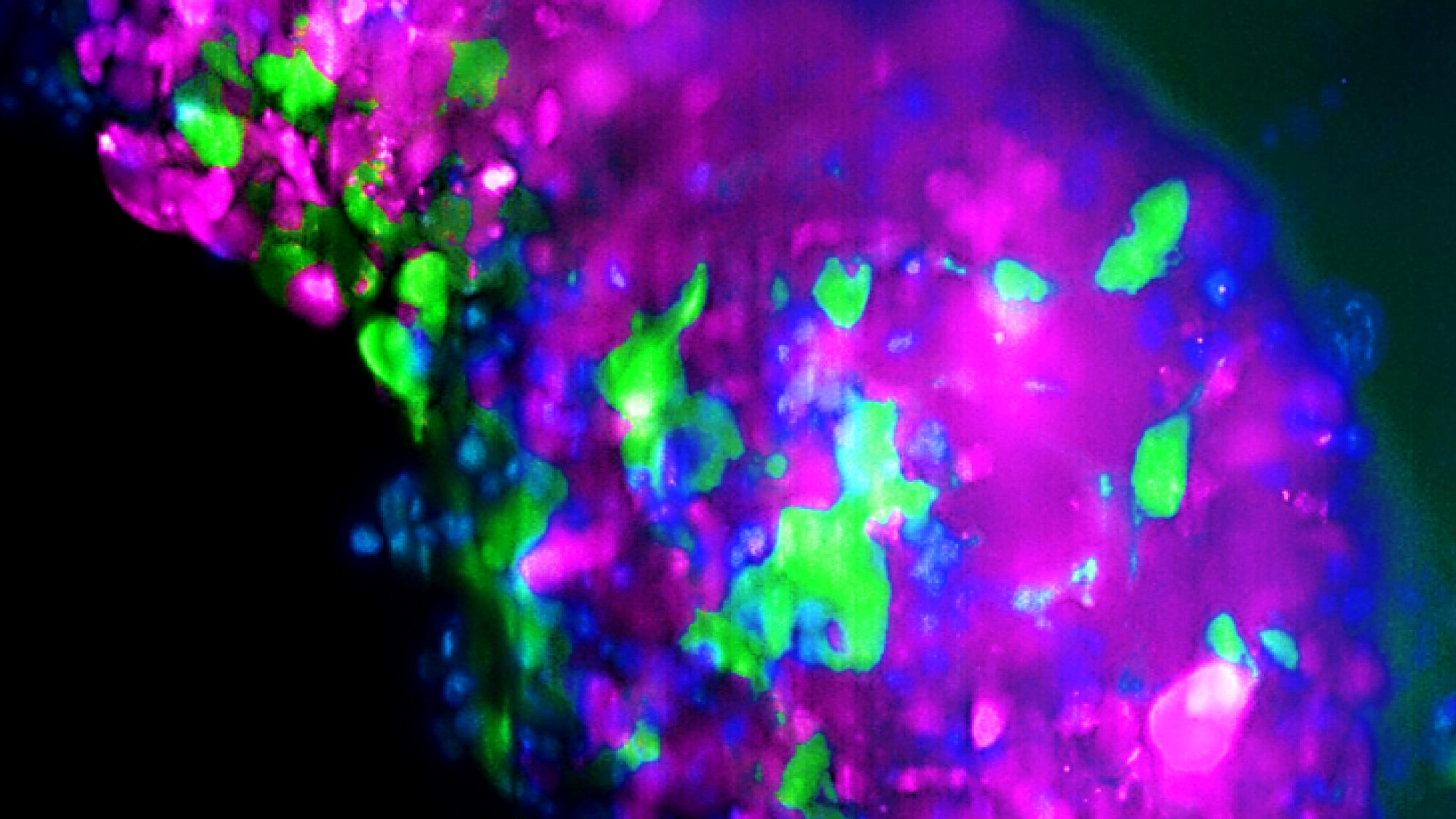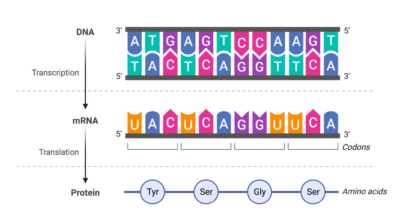A recent study conducted by the Hospital del Mar Medical Research Institute (IMIM) has shown an improvement in the efficacy of immunotherapy in triple-negative breast cancer patients. This cancer is one of the most difficult and aggressive to treat, because it has a faster progression and affects younger women.
The research group observed that cancer stem cells in this type of tumour were invisible to the attack of the immune system, leading to low efficacy of the immunotherapy treatment. Indeed, despite representing only 5-50% of the tumour cells, these stem cells that escape the immune response keep the tumour continuously active.
The research team also showed the molecular cause of this low immune response. It is the LCOR factor, which is responsible for stem cell differentiation, and which is found at very low levels in triple-negative tumours. This factor is involved in the expression of antigens on the cell surface that are recognised by the immune system as tumours.
Therefore, by increasing the activation of the LCOR gene in mice, the team found that the immune response was boosted. As Toni Celià-Terrassa, co-leader of the study, explains, “what we are doing is making the immune system see the tumour cell and, in this way, we manage to boost the response to immunotherapy and its efficiency”.
mRNA against cancer
Inspired by the design of the COVID-19 vaccines, the researchers used messenger RNA therapy to introduce the LCOR gene into tumour stem cells, in a pioneering use of these techniques to treat cancer.
The strategy employed was based on the use of nanovesicles with messenger RNA of the LCOR gene inside, thus introducing in the tumor cell the information needed to produce antigens on the cell surface. The team found that the response rate to treatment was complete and all tumours were eliminated, curing the mice in the long term.

So far, only pre-clinical trials have been conducted in mice and organoids, but according to Joan Albanell, co-leader of the study, “the experimental results demonstrate an unprecedented sensitisation to immunotherapy in this type of cancer”. He adds that “this motivates us to investigate therapeutic strategies that can culminate in safety studies and clinical trials in humans”. In fact, a patent has already been generated and work is underway to create a spin-off to continue the development of this potential therapy.
Pérez-Núñez I, Rozalén C, Palomeque JA, Sangrador I, Dalmau M, Comerma L, Hernández-Prat A, Casadevall D, Menendez S, Liu DD, Shen M, Berenguer J, Rius Ruiz I, Peña R, Montañés JC, Albà MM, Bonnin S, Ponomarenko J, Gomis RR, Cejalvo JM, Servitja S, Marzese DM, Morey Ll, Voorwerk L, Arribas J, Bermejo B, Kok M, Pusztai L, Kang Y, Albanell J, Celià-Terrassa T. LCOR mediates interferon-independent tumor immunogenicity and responsiveness to immune-checkpoint blockade in triple negative breast cancer. Nature Cancer (2022) https://doi.org/10.1038/s43018-022-00339-4







